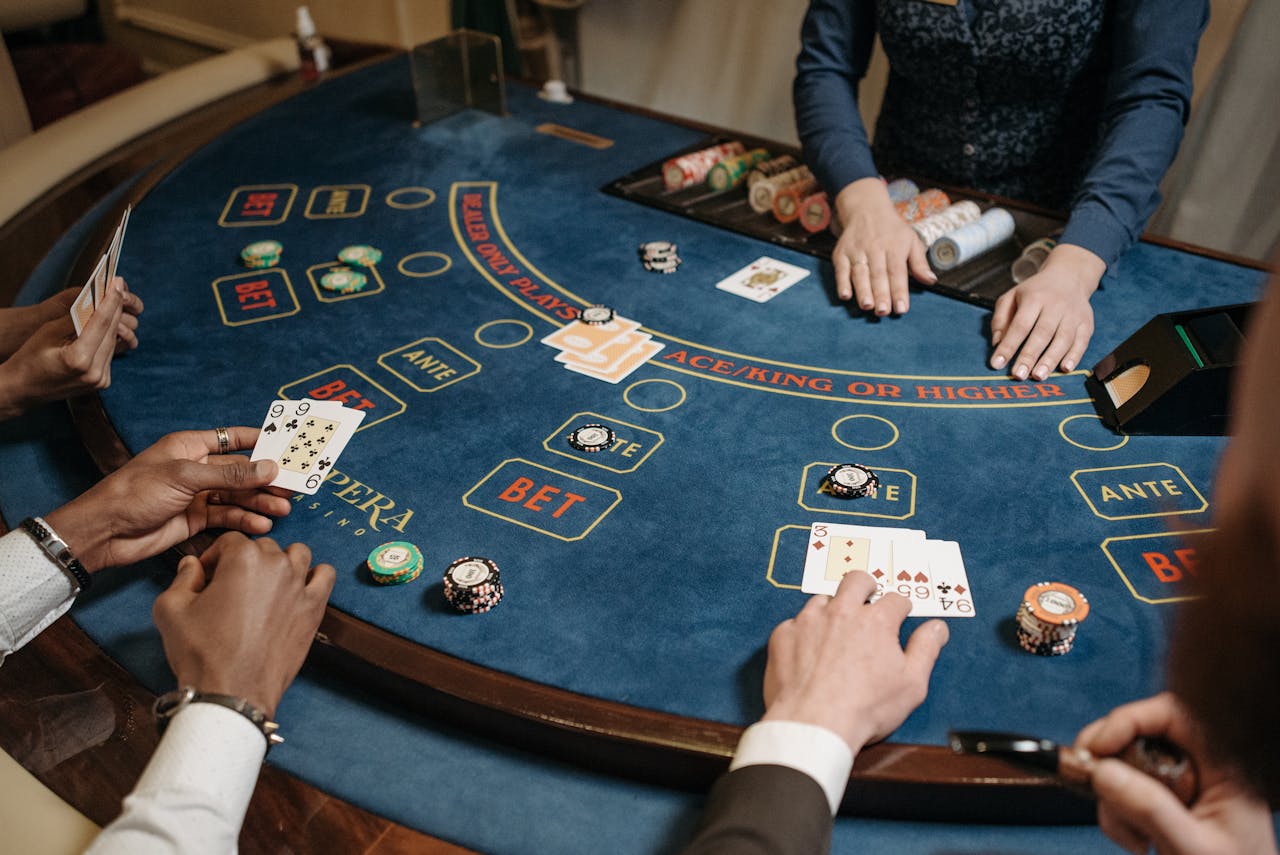Table Talk & Silence: How Communication Shapes Live and Online Poker Strategy
Poker is a game of people as much as it is of cards. Whether at a casino table or behind a screen, the way players communicate—through jokes, silence, or even subtle behaviour—can shift momentum and change outcomes. Understanding these dynamics is key for anyone serious about improving their game.
For those more focused on promotions, like learning how to claim 150 free spins for just a $1 deposit in New Zealand, these psychological elements might seem secondary. But for regular players, mastering table talk can be a strategic edge, not just table noise.
Psychological warfare in live poker
In live games, communication becomes part of the strategy. A casual joke might disarm an opponent. A long silence before a bet might suggest a bluff—or strength. Skilled players like Daniel Negreanu use speech to probe for reactions, confuse opponents, or control the flow of the hand.
But silence can be just as powerful. A tight, unreadable posture creates discomfort. Hesitations and quick moves alike become nonverbal messages. In high-stakes environments, this psychological warfare is constant—and deliberate.
Online table talk: Chatbox strategy or waste of time?
Online, table talk is limited to chatboxes—and most regulars ignore it. Still, some players try to tilt opponents with sarcastic remarks or throw compliments to lower defences. In lower-stakes games, it can be surprisingly effective.
But chat-based misdirection is a blunt tool. Without facial expressions or tone, your words can easily be misunderstood—or ignored entirely. Worse, poor etiquette or excessive chatting can lead to moderation or bans on some platforms.
For many online players, betting speed and timing are far more effective tools of communication.
How to manipulate table dynamics without words
Not all communication in poker is verbal. In fact, many of the best manipulations are purely behavioural. In live poker, consistent bet sizing followed by sudden deviations can send messages—intentionally or not. A player who always bets strong hands quickly but suddenly hesitates is saying something, even without a word.
In online games, the speed of play can convey intent. Instant checks may signal weakness—or bait. Delayed calls may imply a draw. Advanced players read timing tells and use them to create false narratives.
Table dynamics can also be shaped by table presence. Aggressive play across several hands can make you the “table captain,” subtly encouraging others to avoid conflict. Whether live or online, control doesn’t always come from speech—it often comes from rhythm, tempo, and pressure.
The ethics of speech play
Speech play has its boundaries. In live poker, talking about your hand during a multi-way pot is often against the rules. Misleading statements can be penalised, depending on the house policy.
Online, chat abuse is monitored more strictly. Trash talk might seem like strategy, but abusive or disruptive language gets flagged fast. Most platforms encourage silence over sarcasm.
Good speech play adds tension and fun. Bad table talk kills the vibe and hurts the game. The difference? Intent—and respect.
Smart communication for every setting
Whether you’re playing live or online, the best communication strategy blends subtlety with control. You don’t need to be loud to be effective—you just need to be aware:
- In live settings, observe your table. Match your speech style to the environment. If the table is quiet, even light talking can shift the dynamic. If everyone’s chatty, consider using silence strategically to stand out.
- Online, pick your moments. Use chat sparingly, and focus more on betting patterns and timing to create your narrative. Many winning players never say a word—they let their chips do the talking.
In both worlds, remember: poker is a language. Every pause, every raise, every glance, or emoji sends a message. Master the code, and you'll win more than pots—you’ll win control.

